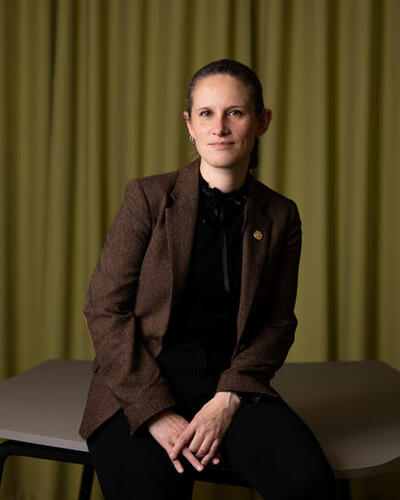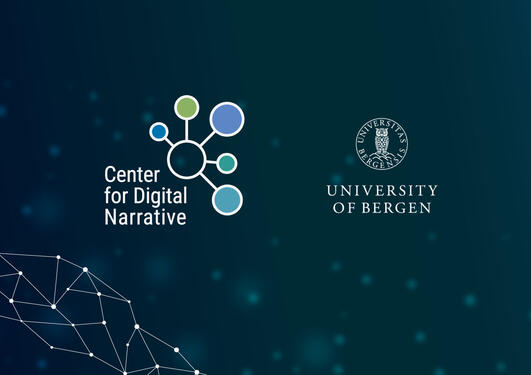Emotional and ethical challenges in qualitative and/or digital ethnography
What are best practices when doing textual or ethnographic research in online environments? This workshop will address ethical, technical and epistemological issues researchers meet when researching digital narratives online.
Main content
This workshop is relevant for qualitative researchers and PhDs who make use of qualitative and/or digital ethnographic fieldwork.
In this workshop we aim to explore dilemmas and challenges related to:
- possible ideological, moral and political contrasting values between the researcher and the researched
- contrasting values and perspectives on marginalized identities and bodies between the researcher and the researched.
- psychological distress after long-lasting exposure/observation in vulnerable/harmful digital fields
- psychological distress in- and outside the field due to e.g. harassment and threats.
- dilemmas between developing rapport with the participant versus the researcher’s obligation to prevent e.g. self-harm
PhDs wanting to take part in the workshop on the second day will need to do a pre-assignment (see below).
Program:
Day 1, May 13 – 12.00-17.00
Lunch and introductions
Introduction by Lin Prøitz and Henry Mainsah (SIFO, Oslomet)
Short presentations by CDN staff
- Lin Prøitz & Henry Mainsah: Negotiating boundaries and relationships in online ethnography
- Gabriele de Seta: Some lies of digital ethnography
- Kristine Jørgensen: Researching player experiences with uncomfortable game content
- Jill Walker Rettberg: Social media, AI, and research ethics
Workshop by Henry Mainsah & Lin Prøitz
Day 2, May 14 – 09.00-13.00
Lin Prøitz & Henry Mainsah introduce central concepts and methodological debates in the field
PhD workshop (see pre-assignment*)
Summary by Lin Prøitz & Henry Mainsah.
Lunch
Pre-assignment for phds:
Please email lin.proitz@uib.no – by Friday May 10th – a ‘methods outline’ (1-2 pages) which includes:
- a short summary of your PhD project,
- description of your method(s),
- what methodological challenges and dilemmas you may face in your research and
- add 3 references that are relevant to frame your research method.




